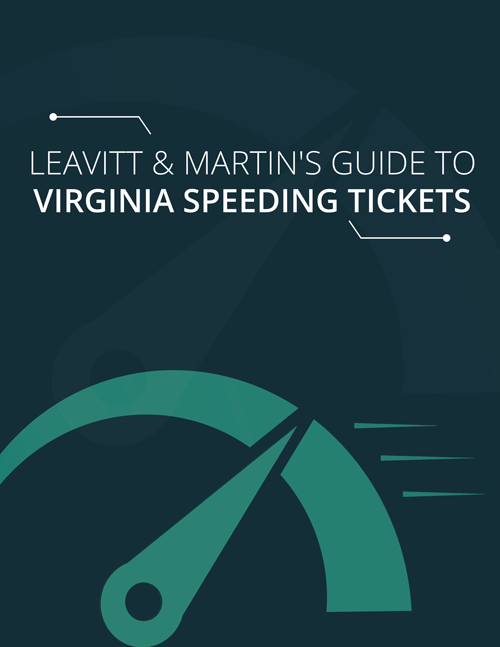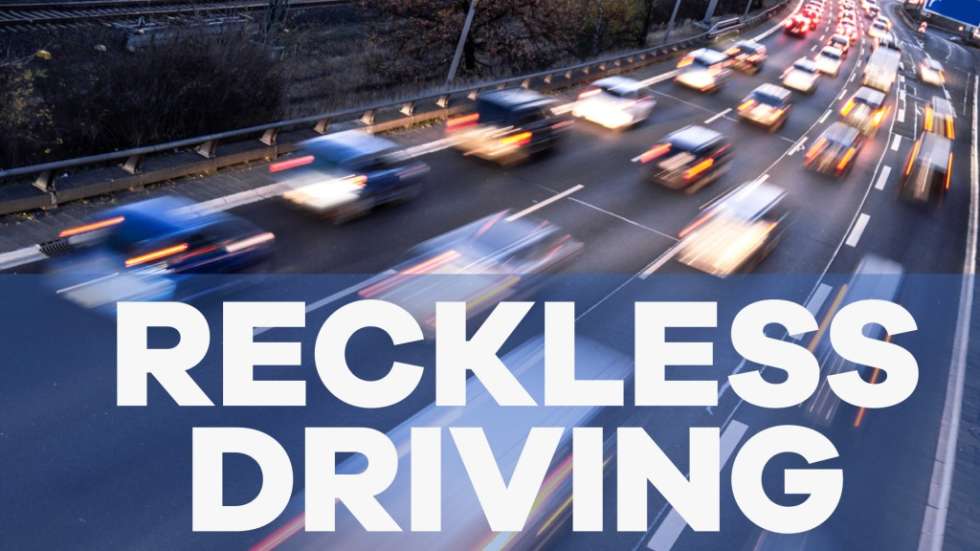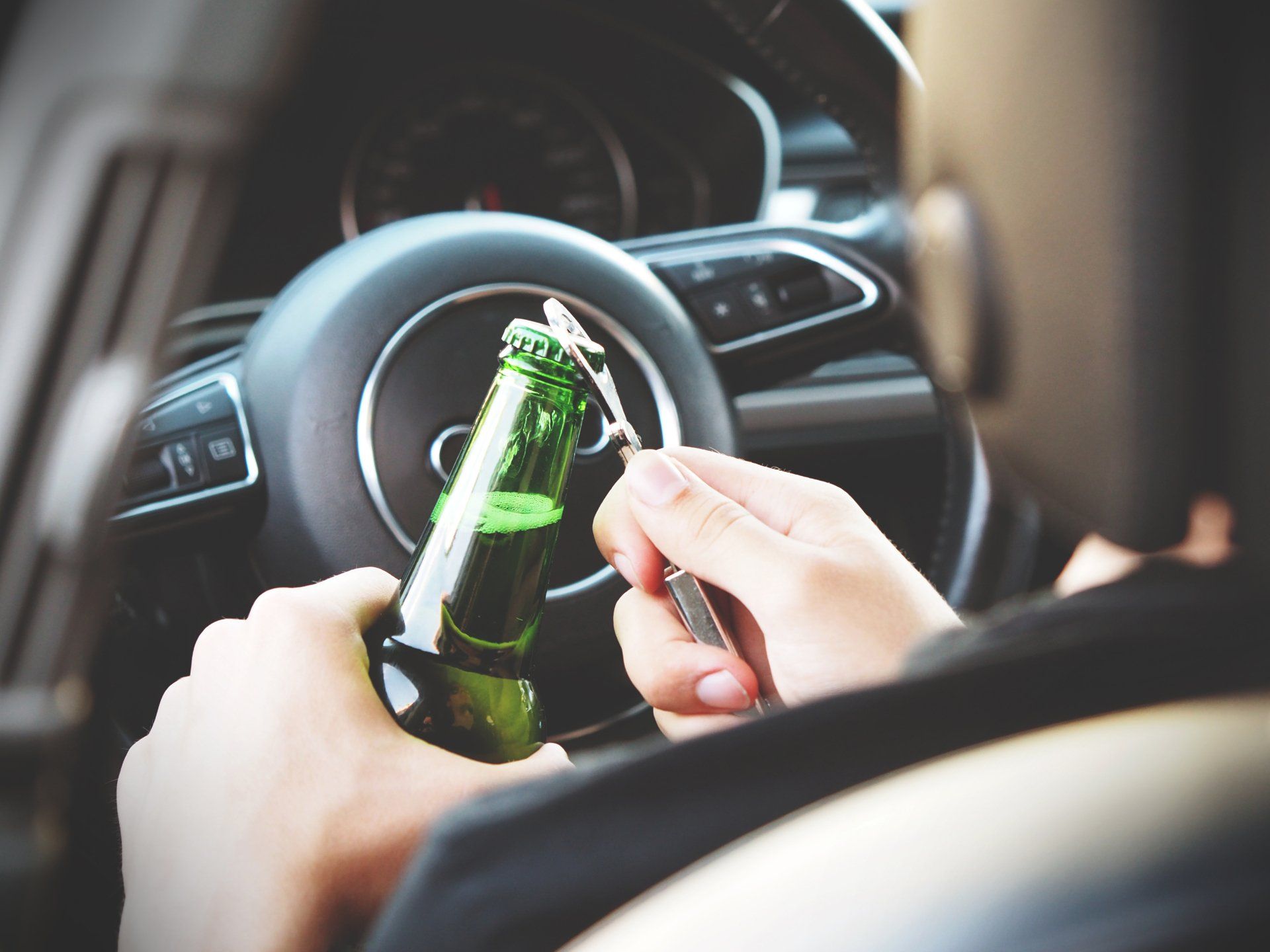Defective Equipment, What is It?
What is defective equipment? Does it have points? Does it increase insurance rates? And do you need a speedometer calibration? In short, defective equipment is OFTEN a reduced charge. It is a legal fiction. It is a way for judges to reduce a charge but not give points.
Is Defective Equipment a Moving Violation?
Defective equipment is not a moving violation in Virginia. A moving violation is behavior related, and they always carry points in Virginia. Examples of moving violations include speeding, reckless driving, DUI, turn violations, lane violations, red light tickets, stop sign violations, improper driving, etc. All of these traffic tickets are behavior related and they carry points. As a result, insurance premiums usually increase. Traffic tickets carry points and it is best to avoid points.
Defective equipment is not a Virginia moving violation. It is a non moving violation. Defective equipment has no points. Traffic tickets like defective equipment should not impact insurance.
Defective Equipment Generally Charge Virginia
Defective equipment is a non moving violation that has no points in Virginia. Virginia traffic lawyers like us use this law frequently. We specialize in reckless driving , speeding tickets, and other traffic violations. Speeding tickets and reckless driving tickets have points, which often negatively impact insurance rates a lot. However, defective equipment is a non moving violation in Virginia and it has no demerit points. Here is the text of the law :
Virginia code 46.2-1003: “It shall be unlawful for any person to use or have as equipment on a motor vehicle operated on a highway any device or equipment mentioned in § 46.2-1002 which is defective or in unsafe condition.
For any summons issued for a violation of this section, the court may, in its discretion, dismiss the summons, where proof of compliance with this section is provided to the court on or before the court date.”
As you can see, a defective equipment traffic offense is not behavior related. Speeding is a traffic offense that is behavior related. Insurance companies monitor more for moving violations.
Defective Equipment, Defective Speedometer, and Traffic School
Virginia judges are allowed by law to send someone with a traffic violation to driving school. Upon completion, the judge can reduce or dismiss the charge. In my experience, some judges do not like driving school. The reason is that it tends to put a heavy administrative burden on the court clerk’s office in keeping up with those cases. Many judges just like to dispose of the case, and get it off their radar.
Some judges use defective equipment and defective speedometer as a kind of legal fiction in the Virginia code. If someone comes to court with a speeding ticket, or a reckless driving charge, some judges will just reduce the charge to defective equipment or defective speedometer. Those are non moving violations that have no points in Virginia. The Virginia code you are found guilty of is what gets reported to the DMV.
Often, judges only reduce when the speed is fairly low, like 10-15 mph over the speed limit. However, this just depends on the individual judge. See the following case Leavitt & Martin had reduced with no points at 93 mph in a 60. This is HIGHLY, HIGHLY unusual and a great result.
If You are Charged With Reckless Driving or Speeding, This is a Great Reduction
If you were driving in Virginia and have a Virginia reckless driving traffic offense for driving too fast then you want to get the charge reduced. The code section for driving too fast for Virginia reckless driving is a criminal misdemeanor. A reckless driving conviction can lead to a license suspension. The code of Virginia defines reckless driving by speed as anything OVER 80 mph. Therefore, driving 11 mph over the limit is reckless driving. Your driver license can be suspended for it in district court or circuit court.
Traffic law in Virginia is clearly defined in Va code. Virginia law is very clear. An experienced ticket lawyer or defense attorney should be able to provide sound legal advice. Police officers frequently write reckless driving and speeding tickets. Because reckless driving is a misdemeanor, you can actually face jail time, an operator’s license suspension, high fines or a suspended license. For commercial drivers in particular, those are severe consequences.
As experienced Virginia traffic lawyers we can often get speeding tickets and reckless driving charges reduced to improper driving, reduced to defective or unsafe equipment, or get the charge dismissed. Every case is different, and the speed and driving record will play a role. In addition, the district court or circuit court where the charge occurred will play a role as well in what happens.
Defective Equipment Virginia Fine
The fine for defective equipment is the same as for almost any traffic infraction in Virginia. The fine is up to $250. There is no preset amount, so the judge will determine the fine on the court date. If the original charge was actually defective equipment, most judges give a fine of $25-50 for broken tail lights or other actual defective equipment.
When judges reduce a reckless driving charge or a speeding ticket to defective equipment, the fine is usually based on the speed on the ticket. So judges will often keep the fine the same, but reduce the charge to help avoid points. Or in the case of reckless driving, help avoid a misdemeanor and points.
Fine amounts range based on the court you are in, what the original speed cited was, and what the driving record looks like.
Defective Equipment Ticket Cost
The total cost of a defective equipment ticket includes the FINE PLUS THE COURT COSTS. In Virginia, court costs for traffic infractions are normally $61-71 but that can vary from court to court. In addition, defective equipment is often the end result. However, if the charge started as reckless driving, then court costs may be as high as $96. Court costs are a fixed amount though so they should fall within that range of $61-96. These court costs are in addition to the defective equipment Virginia fine.
How Can I Get My Speeding Ticket or Reckless Driving Charge Reduced to Defective Equipment in Virginia?
Some judges are driving school judges, and will not consider reducing to defective equipment. The reason is that defective equipment is not technically a “ lesser included offense ” of speeding or reckless driving. If you are in one of these courtrooms, you would need a speedometer calibration to possibly get this type of a reduction. A speedometer calibration is where you test the accuracy of your vehicle’s speedometer against an accurate speedometer. It measures any differences at different speed intervals. Sometimes, this can help.
However, judges are not REQUIRED to give these any weight at all. That means that they can consider them, and then just completely disregard them. Each judge is different in how much weight they give calibrations. In addition, some judges want to see that the problem was fixed. So you need to talk to a lawyer who knows YOUR particular judge who can advise you about calibrations.
The post Defective Equipment, What is It? appeared first on Leavitt & Martin.













